EU vs Hungary: the price of independence When national interests defy Brussels
The end of political November in Europe was marked by the European Parliament’s adoption of a resolution proposing that the EU Council temporarily strip Hungary of its voting rights. As one of the rapporteurs, Dutch MEP Tineke Strik, stated, “The lack of decisive action by the Commission and the Council against Hungary has allowed a continuous erosion of democracy and the rule of law. The EU cannot allow Hungary's autocratisation to continue. Any further delay by the Council would violate the very values it claims to uphold.”
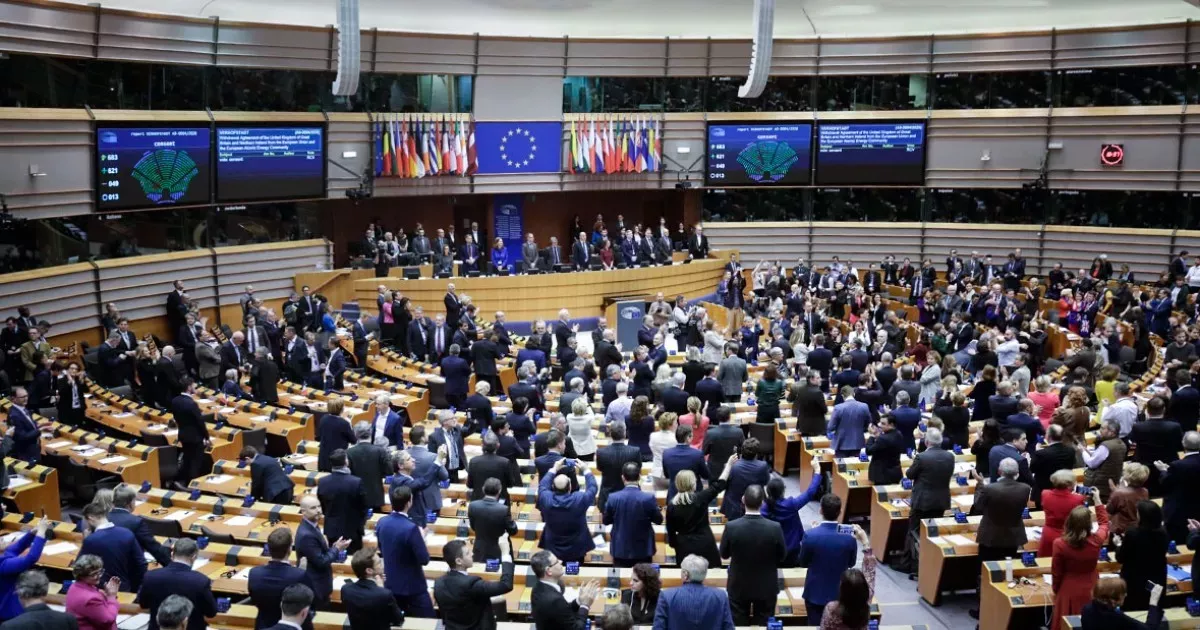
According to the resolution, the European Parliament is concerned about Budapest’s repeated use of its veto in votes on security and foreign policy issues, which Brussels views as a “systemic threat to European values.” In the end, the proposal was supported by 415 MEPs, 193 voted against it, and 28 abstained.
In other words, the European Parliament has made it clear that dissent and an independent political course constitute a “systemic threat” to “European values.” At one time, MEPs liked to speak about the “totalitarian Soviet bloc of uniform thinking” that once existed in Eastern and Southern Europe, although even there countries such as Romania and Yugoslavia were able to pursue independent foreign policies, maintaining close ties with opponents of the USSR. In the “democratic” European Union, it seems, absolute unanimity is expected.
Yet there was a time when Hungary’s obedience to Brussels’ will was beyond doubt. In 2008, the government of Ferenc Gyurcsány brought the country to the brink of sovereign default. To stabilise the situation, it borrowed €20 billion from the IMF and the EU. It was the population that had to pay for the miscalculations of the pro-European government, as harsh social spending cuts were imposed on the country, triggering a wave of demonstrations and protests.
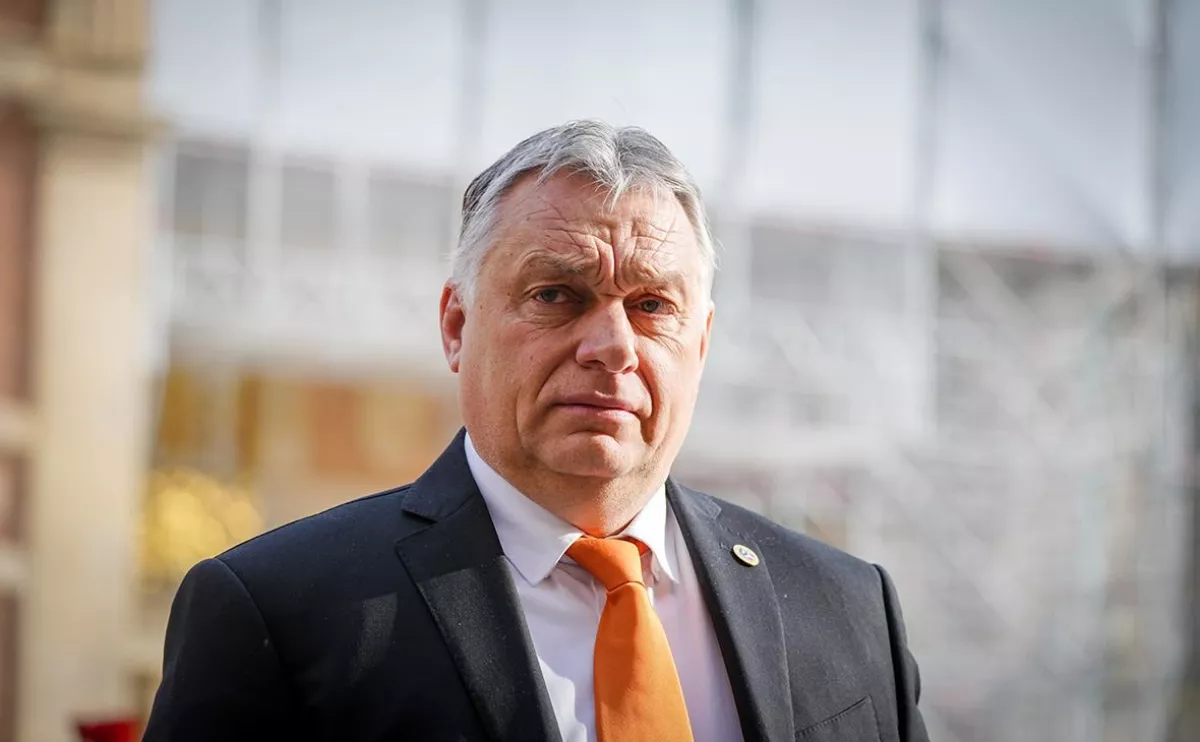
A turning point in EU–Hungary relations came in 2010, when Viktor Orbán’s Fidesz party won the elections. Fidesz did not follow the path of some other European right-wing parties that accepted or even promoted Brussels’ globalist agenda. During his campaign, Orbán opposed the project of an “ever closer union,” emphasising conservative views on the family, national sovereignty, and Hungarian culture. Since then, he has acted according to the principle of “Hungary first.” He soon terminated the financial assistance agreement with the EU and the IMF and began repaying the borrowed funds.
Initially, the European Union assumed that Viktor Orbán would not dare to fulfil his campaign promises — a serious miscalculation. The first clash between the EU and Hungary occurred in 2012, following certain personnel changes in the leadership of state institutions.
Tensions escalated in 2015. That year, Hungary — together with the other countries of the so-called Visegrád Four (Poland, the Czech Republic, and Slovakia) — opposed the resettlement of migrants from the Middle East, a policy strongly pushed by Germany in particular. Standing against Berlin and other Western European EU members, Prime Minister Orbán stated that sovereign states must decide for themselves who will be allowed to reside on their territory.
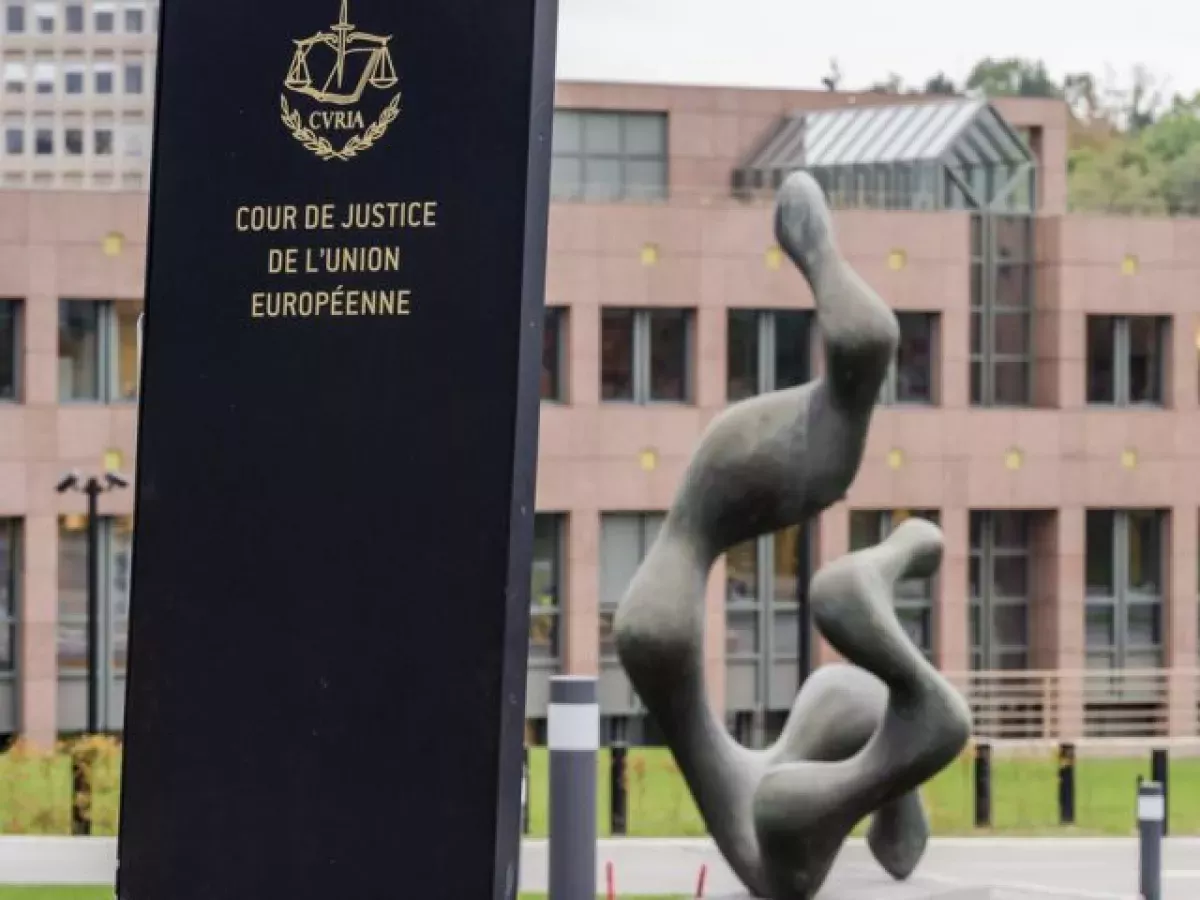
Since then, numerous appeals by the European Commission to the European Court of Justice against Hungary have concerned far more than specific cases. These legal actions have become instruments of political pressure, as they touch upon the core of Hungary’s domestic policies and national sovereignty. Complaints were filed on a variety of grounds, and in 2021 Hungary faced a lawsuit over its ban on LGBT “propaganda,” including among minors — a measure the European Commission claimed was “incompatible with EU values.”
Beyond specific disputes, Budapest has criticised the European Court’s decisions for more fundamental reasons: Brussels uses the court as a tool to revise the EU’s original agreements, effectively creating new standards that no member state ever explicitly accepted. This accusation became especially pronounced in 2022 in the case concerning the so-called “rule of law mechanism,” when the European Court ruled that the Commission could suspend funding to states that, in its view, fail to uphold the principle of judicial supremacy.
The very essence of the “rule of law” is in fact defined by the EU leadership, the European Court of Justice, and more recently the European Parliament — even though no such definition exists in the previously concluded agreements. In its ruling of February 16, 2022, the European Court stated that the principles of the rule of law “have their source in common values which are also recognised and applied by the Member States in their own legal systems.” Yet it is precisely these values that the Hungarian government disputes. As Viktor Orbán said in one of his speeches, “For them, the rule of law is a tool with which they can mould us in their image.”
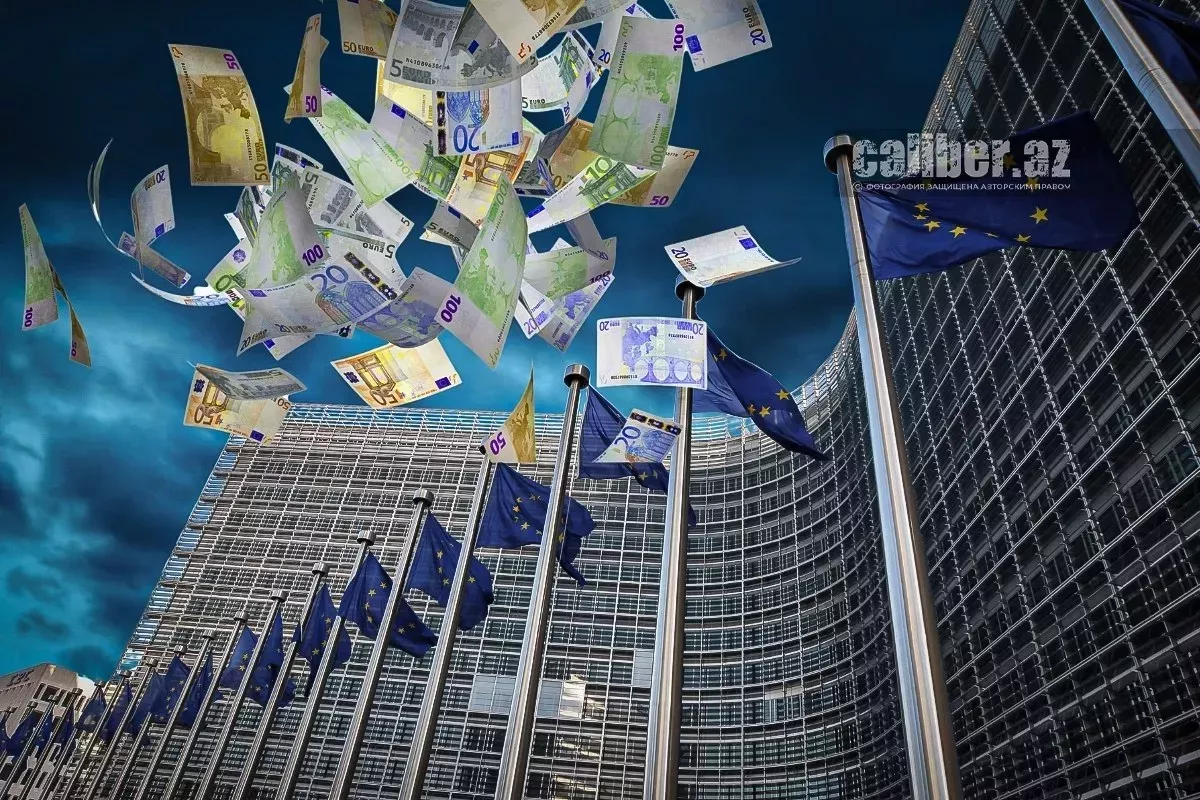
Another tool of pressure on defiant Budapest has been financial institutions. Over the past three years, billions in EU assistance earmarked for Hungary have been frozen “due to serious violations of the rule of law.” Hungary has become the first — and so far the only — EU member state to face such sanctions. Under the EU’s 2021–2027 financial framework, Hungary could have received around €49 billion, including funds from the previous budget cycle. This is a substantial sum, especially considering that the Hungarian government now has to compensate for the loss of EU subsidies by raising additional funds on financial markets. In December 2023 alone, the interest rate on Hungary’s 10-year government bonds was 6.16%, the highest in the EU alongside Romania and significantly above the eurozone average (2.9%).
Nevertheless, Orbán continues to pursue an independent political course. Hungary has blocked the EU’s migration policy reform, slowed down Sweden’s accession to NATO, and maintains a moderate stance on the conflict in Ukraine.
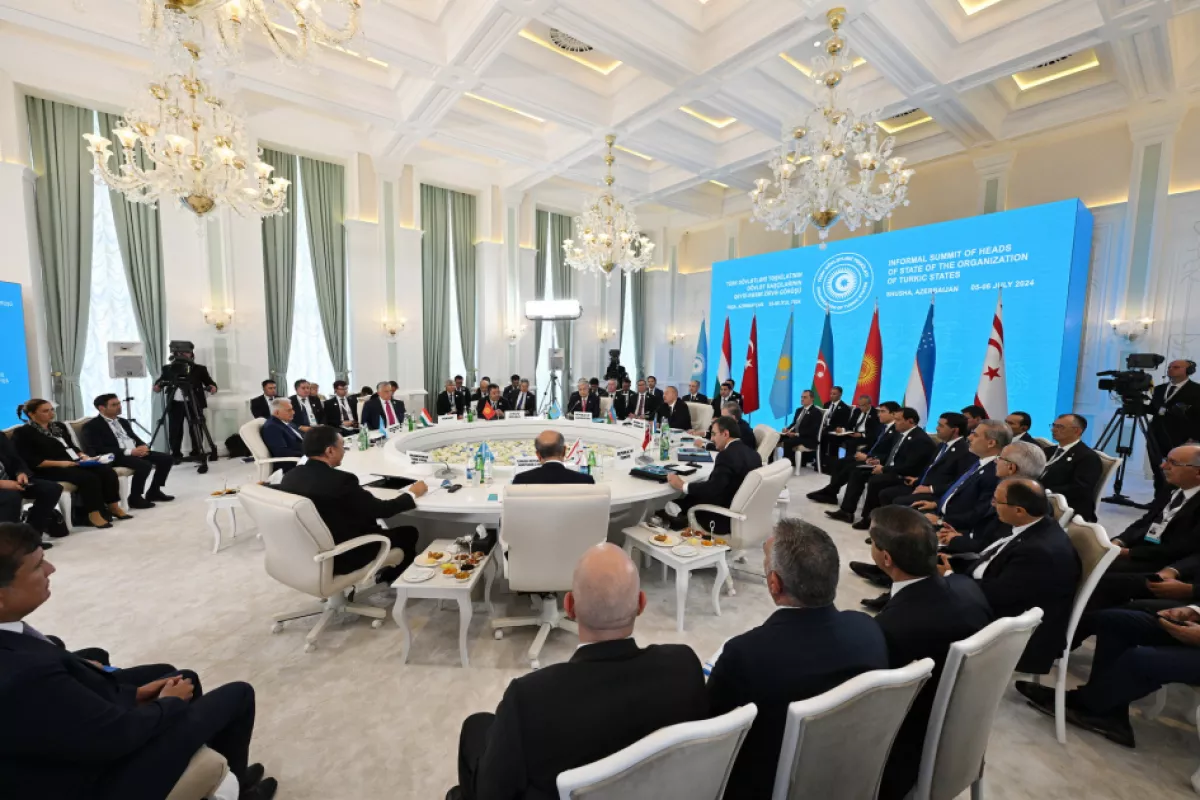
In 2024, EU High Representative for Foreign Affairs Josep Borrell sharply criticised the Hungarian prime minister for attending an informal summit of the Organisation of Turkic States (OTS) in the Azerbaijani city of Shusha.
“Viktor Orbán didn’t receive a mandate from the EUCO to represent it at the summit of the Organisation of Turkic States. The EU rejects attempts to legitimise the Turkish Cypriot secessionist entity and recognises only the Republic of Cyprus,” Borrell wrote on X, referring to the Turkish Republic of Northern Cyprus. In response, the Hungarian prime minister stated that he views the OTS as “a very important organisation for cooperation between the West and the East.”
European experts note with concern that today the European Union — poorly managed, riven by internal contradictions, and plunging into an economic crisis — is unable to solve the “Hungary problem.” Brussels’ only option, they suggest, is to “slow Budapest’s slide toward authoritarianism” and worry that Orbán’s example may inspire other European politicians.








